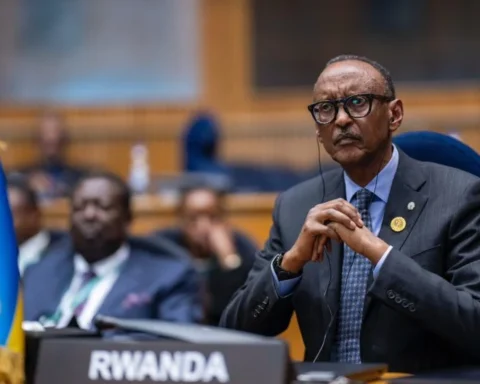Across the globe, people are coming together today to mark the International Day of Families, an annual observance established by the United Nations General Assembly in 1993.
The day underscores the essential role families play as the cornerstone of society and highlights the challenges they face in a rapidly changing world.
This year’s theme, “Family-Oriented Policies for Sustainable Development: Towards the Second World Summit for Social Development,” aligns with the 2030 Agenda for Sustainable Development. The upcoming World Summit for Social Development, scheduled for 2026, is expected to serve as a platform for governments, NGOs, and communities to evaluate how family-centered policies can help advance economic equity, social justice, and environmental sustainability.
Amid the celebration, many families continue to face complex pressures. Urban migration, climate-related displacement, mental health challenges, and digital dependency are reshaping family life in both developed and developing regions.
“The family remains our first school and our most vital institution,” a United Nations official said during a livestream event today. “Policies that address family needs—such as parental leave, affordable housing, and flexible work arrangements—can drive us closer to a more inclusive and balanced society.”
In countries like Tanzania, where extended families often form the bedrock of social life, the family remains a central pillar of community support. However, trends such as youth migration from rural to urban areas and rising costs of living are putting pressure on traditional family models.
Also Read; Industry Ministry Seeks $135 Billion Budget Approval
Policymakers are being encouraged to prioritize family-inclusive planning in public sectors such as health, education, and labor markets.
In support of the initiative, the UN Department of Economic and Social Affairs (UNDESA) has released a new report emphasizing the importance of integrating family dynamics into national development strategies. Drawing on recent Voluntary National Reviews (VNRs), the report highlights how countries have adopted—or failed to adopt—family-focused policies from 2020 to 2024.
Today’s events extend beyond policy discussions. Families, schools, churches, mosques, and community organizations are hosting gatherings designed to promote unity, intergenerational dialogue, and social inclusion. People are being encouraged to take time to connect with loved ones, share stories, and celebrate the diverse forms that family life takes around the world.
As the world counts down to IYF+30—the 30th anniversary of the International Year of the Family in 2024—stakeholders are urged to reaffirm their commitment to keeping families at the heart of national and global agendas.







